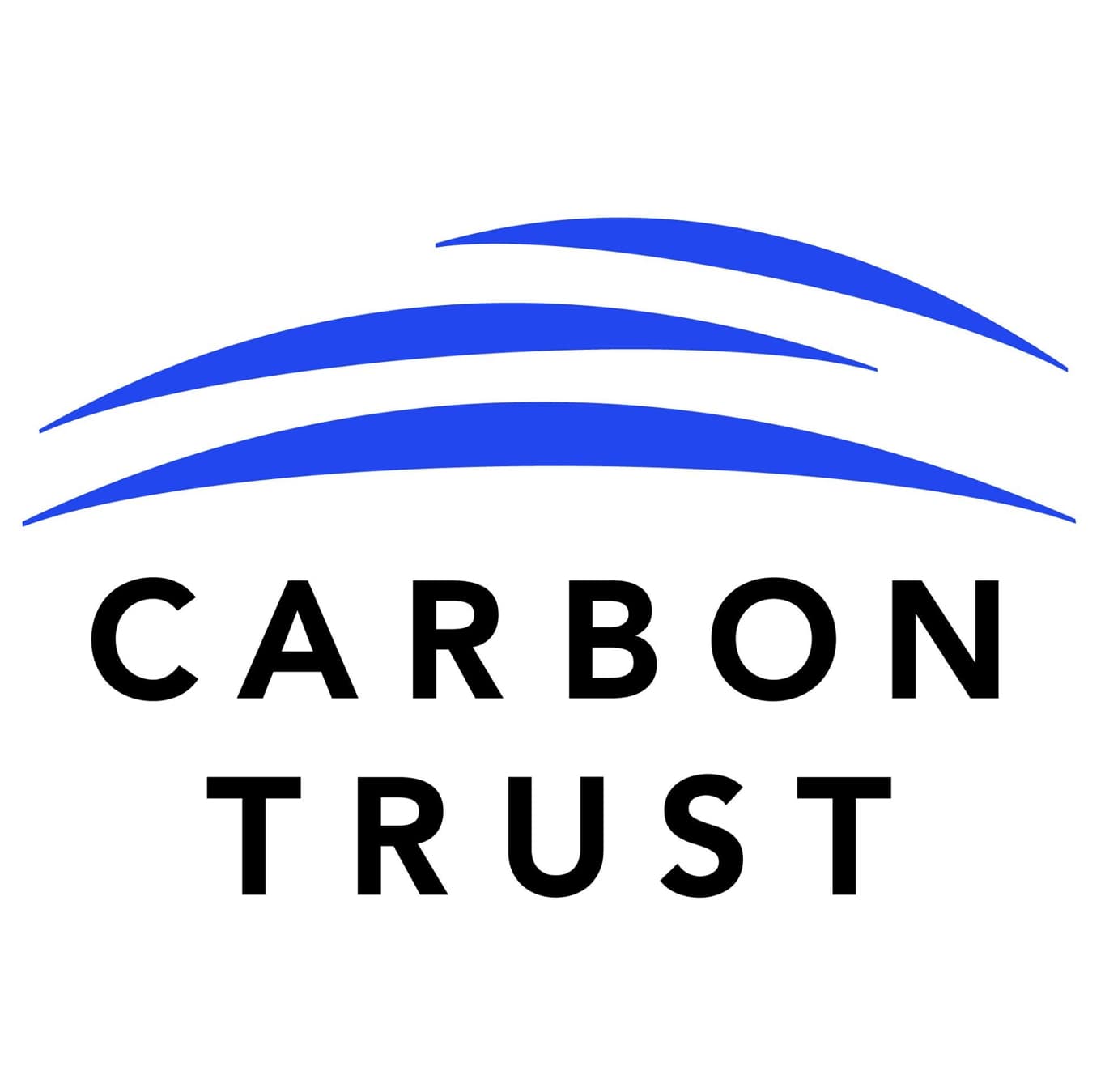Report

Report to ISSB - IFRS S2
Understand the key requirements of the new global baseline for climate reporting
The International Sustainability Standards Board (ISSB) has issued a new global baseline standard for climate-related financial disclosure, IFRS S2. From 2024, ISSB will assume all monitoring responsibilities from TCFD. This signals a global shift from TCFD’s initial high-level framework for climate-related financial disclosure reporting to the more detailed ISSB standard.
You will need to use IFRS S1 (the broader sustainability standard) alongside IFRS S2 to ensure your climate-specific disclosures are compliant with the standards.
Quick guide: how to report in line with IFRS S2

Who needs to report and what is covered
Local regulations determine whether your company will need to report in line with ISSB standards. In the EU, there is a high degree of alignment between IFRS S2 and the ESRS E1 standard (which companies subject to the EU’s Corporate Sustainability Reporting Directive (CSRD) must report against). In other jurisdictions, there may be a more straightforward requirement to report in line with ISSB.
IFRS S2 sets out specific climate-related disclosures and is designed to be used with IFRS S1. The standard builds on the TCFD framework and requires disclosure of:
The governance processes, controls, and procedures your company uses to monitor, manage and oversee climate-related risks and opportunities
Your company’s strategy for managing climate-related risks and opportunities
The processes your company uses to identify, assess, prioritize, and monitor climate-related risks and opportunities, including whether and how those processes are integrated into and inform your company’s overall risk management process
Your company’s performance in relation to climate-related risks and opportunities, including progress toward any climate-related targets you have set, and any targets you are required to meet by law or regulation
Detailed guidance on the requirements of IFRS S2 are set out in the standard and the accompanying guidance.
Reflect on your industry’s specific challenges and opportunities
When determining what to disclose, ISSB stipulates that you, as the reporting entity, are responsible for making materiality judgements based on whether the topic in question relates to material impacts to your company. In essence, this means you should report on any topic that could reasonably be expected to affect your company’s prospects. This may mean reporting on topics beyond those set out in the standards. For more on materiality, see Step 2.
IFRS S2 also requires you to refer to and consider the applicability of industry-based guidance when identifying climate-related risks and opportunities. These industry-based guidelines suggest ways to identify and disclose information about climate-related risks and opportunities associated with particular business models, activities, or other common features that characterize participation in an industry. Companies can refer to guidance from the 77 Sustainability Accounting Standards Board (SASB) Standards for industry, as well as other sources of industry-specific guidance The broad industry categories covered by the guidelines are:

Where and when to report
Once you have gathered the required information, you should include the findings in your company’s general purpose financial reports. It is possible to report in line with either IFRS S1 or S2 for annual reporting periods beginning on or after January 2024, but earlier application is permitted, as long as both standards are applied.